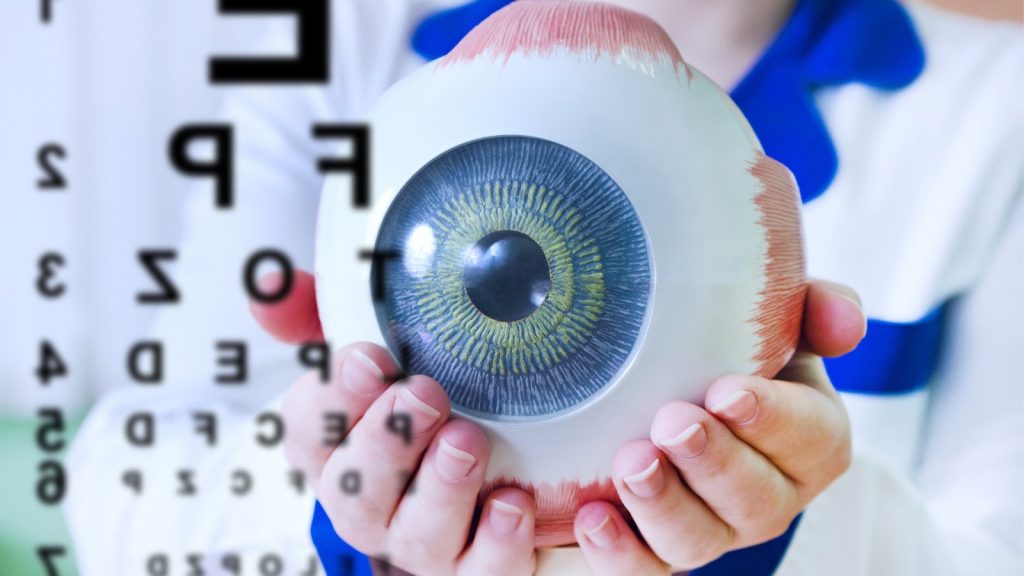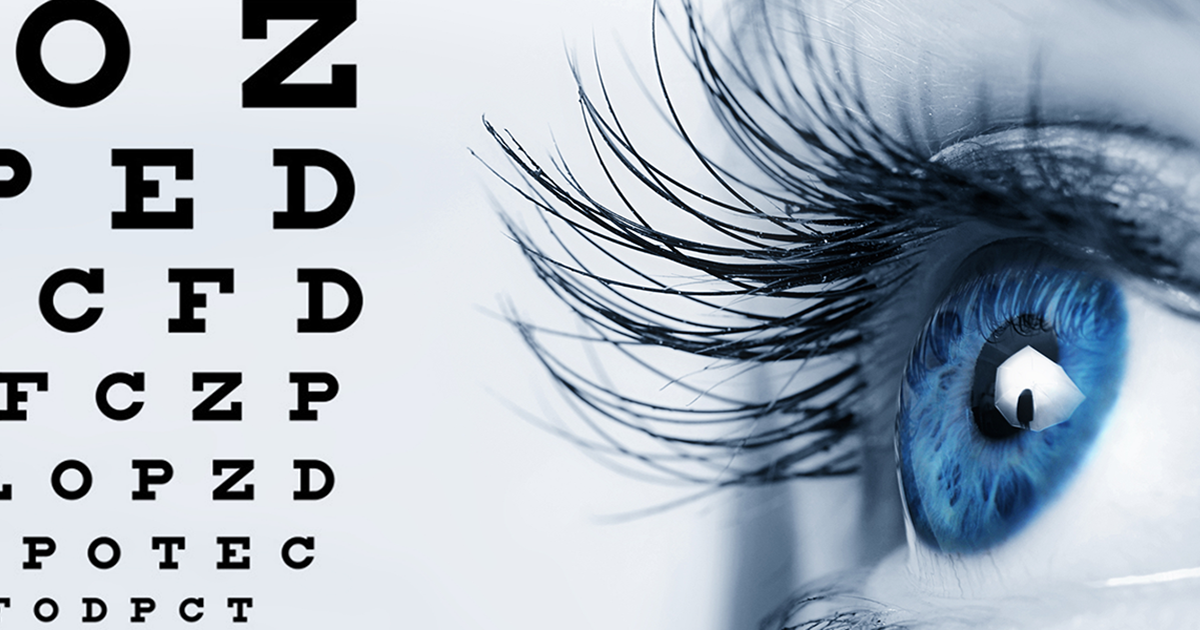Recognizing the Numerous Eye Issues Treated by Specialized Eye Care Professionals
In the realm of eye treatment, specialized experts play an important duty in diagnosing and treating a large range of eye conditions. From common refractive errors that affect vision clearness to age-related conditions that pose difficulties as we get older, the competence of these professionals includes managing vision-threatening illness and complex corneal disorders. In addition, the complexities of neurological eye conditions present one-of-a-kind challenges that require specialized treatment. As we start this exploration of the different eye problems resolved by specialized eye treatment specialists, it ends up being evident that the complex internet of eye wellness holds a myriad of interesting understandings waiting to be uncovered.
Common Refractive Mistakes
Refractive errors prevail aesthetic conditions triggered by a blemish in the eye's capability to appropriately concentrate light, causing obscured vision. The most widespread sorts of refractive errors include myopia (nearsightedness), hyperopia (farsightedness), astigmatism, and presbyopia. Nearsightedness occurs when the eyeball is too long or the cornea is also bent, causing distant items to appear blurred. Hyperopia, on the various other hand, happens when the eyeball is also short or the cornea is also flat, bring about nearby things being out of focus. Astigmatism is defined by an irregularly designed cornea, resulting in distorted or blurred vision in all distances. Presbyopia is an age-related problem where the lens loses its adaptability, making it hard to concentrate on close objects.
These refractive mistakes can be corrected via various techniques, consisting of eyeglasses, call lenses, or refractive surgical treatment. Eye care experts play an important function in identifying and taking care of refractive mistakes to aid people attain more clear vision and enhance their quality of life.
Age-Related Eye Problems
One of the most prevalent age-related eye problems is age-related macular deterioration (AMD), a disease that causes central vision loss and can make activities like reading and driving challenging. Cataracts, one more usual problem among older people, cause clouding of the eye's natural lens, leading to blurred vision. Routine eye tests with specialized eye treatment professionals are important for very early detection and monitoring of these age-related eye problems to protect vision and keep ocular health as people expand older.
Vision-Threatening Conditions
Vision-threatening illness incorporate a variety of major eye conditions that have the prospective to significantly influence a person's sight and overall visual function. These conditions present a threat of irreversible vision loss otherwise quickly identified and dealt with by specialized eye care specialists. Some usual vision-threatening conditions include glaucoma, diabetic retinopathy, age-related macular deterioration (AMD), and retinal detachment.
Glaucoma is a team of eye problems that harm the optic nerve, frequently as a result of high intraocular stress, leading to outer vision loss and possible loss of sight if left unattended. Diabetic retinopathy is a difficulty of diabetes mellitus that influences blood vessels in the retina, causing vision impairment or loss of sight. AMD is a dynamic problem affecting the macula, resulting in central vision loss. Retinal detachment happens when the retina separates from its underlying tissue, causing sudden vision look here loss that requires immediate clinical focus (refractive surgeries in al).
Early discovery, routine eye examinations, and prompt treatment are vital in taking care of vision-threatening illness to protect sight and keep quality of life. Specialized eye care specialists play an essential function in diagnosing, treating, and taking care of these problems to prevent irreparable vision loss.

Corneal Disorders
Corneal problems include a spectrum of problems that read here affect the clear front component of the eye, recognized as the cornea. Therapy for corneal conditions varies depending on the details condition however might consist of medications, get in touch with lenses, or in serious instances, corneal transplants. Normal eye tests are vital for very early discovery and management of corneal problems to protect vision and eye wellness.
Neurological Eye Conditions
Neurological eye problems involve problems that influence the link between the eyes and the mind, influencing visual handling and overall eye function. These problems can show up in different ways, impacting vision, eye movements, and also the coordination in between the eyes. One common neurological eye condition is optic neuritis, identified by inflammation of the optic nerve resulting in vision loss, shade desaturation, and discomfort with eye movement.
One more significant condition is nystagmus, where the eyes make repeated, unrestrained movements, influencing aesthetic acuity and deepness understanding. In addition, conditions like amblyopia, usually referred to as "lazy eye," result from unusual learn this here now aesthetic development in very early childhood, resulting in decreased vision in one eye.
Neurological eye problems require specialized care from experts like neuro-ophthalmologists who have competence in both neurology and ophthalmology. Medical diagnosis frequently entails a detailed eye assessment, imaging studies, and collaboration with neurologists to address the underlying neurological issues affecting the visual system. Therapy approaches can consist of medication, vision treatment, or in extreme instances, medical treatments to manage these complex conditions properly.

Final Thought
Finally, specialized eye care experts treat a wide array of eye conditions, including typical refractive mistakes, age-related eye problems, vision-threatening diseases, corneal disorders, and neurological eye conditions - refractive surgeries in al. By understanding these various conditions and seeking suitable treatment from eye care experts, people can keep optimal eye health and wellness and vision. It is essential to focus on routine eye assessments and follow recommended therapy strategies to protect and shield one's vision for the future